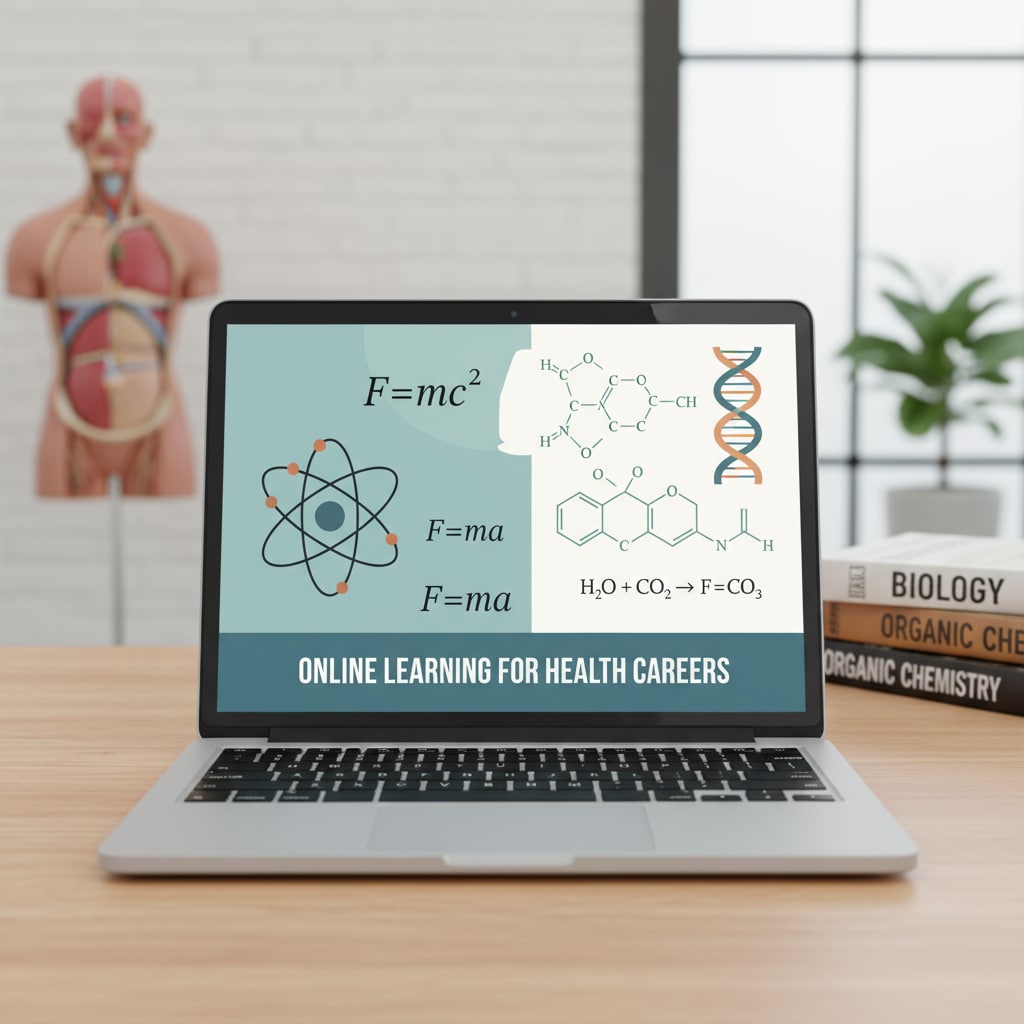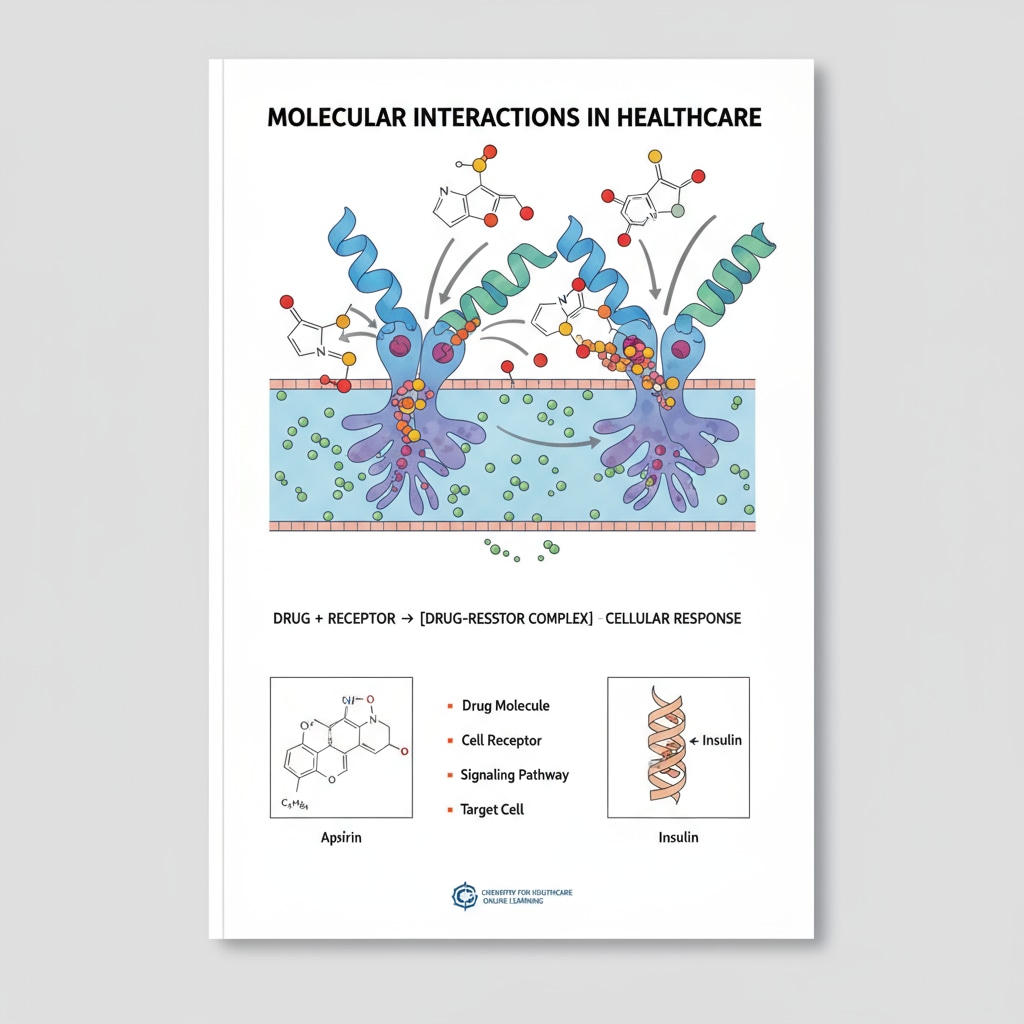When it comes to online learning in Australia’s Year 12, students often find themselves in a tough spot when choosing between physics and chemistry courses, especially when aiming for a career in the health field. These two subjects play crucial yet distinct roles in preparing students for various health-related professions. Understanding their implications is key to making an informed decision in this digital learning landscape.

The Significance of Physics in the Health Field
Physics is not just about understanding the laws of the universe; it has a profound impact on the health sector. For example, in medical imaging, concepts like X-rays, MRI (Magnetic Resonance Imaging), and ultrasound rely heavily on physics principles. Medical physics on Wikipedia explains how these technologies use electromagnetic waves, magnetic fields, and sound waves respectively to create images of the human body. This helps doctors diagnose diseases and injuries accurately. In radiation therapy for cancer treatment, physics knowledge is essential for determining the correct dosage of radiation to target cancer cells while minimizing damage to healthy tissues.
The Role of Chemistry in the Health Field
Chemistry, on the other hand, is the foundation of many aspects of healthcare. Biochemistry, for instance, delves into the chemical processes occurring within living organisms. It helps in understanding how drugs interact with the body at a molecular level. Pharmaceutical chemistry is responsible for developing new drugs. Chemistry in medicine on Britannica details how chemists analyze the chemical structure of compounds to create effective medications. In addition, in laboratory tests, chemical reactions are used to detect various substances in the body, aiding in diagnosis.

When considering online learning for these subjects, there are unique advantages and challenges. Online platforms offer flexibility, allowing students to learn at their own pace and fit study around other commitments. However, hands-on experiments, which are crucial for both physics and chemistry, can be more challenging to replicate online. Some platforms offer virtual labs to mitigate this issue, but it’s not the same as in-person experimentation.
Ultimately, the decision between online physics and chemistry courses for a health career depends on your specific interests and long-term goals. If you’re fascinated by the technology behind medical imaging and radiation treatment, physics might be the way to go. On the contrary, if you’re more interested in drug development and understanding the chemical processes in the body, chemistry could be the better choice. By carefully weighing these factors, you can make the most of your online learning experience and set yourself on the right path towards a rewarding career in the health field.
Readability guidance: This article uses short paragraphs to clearly present ideas. Each H2 section provides a focused discussion. Passive voice is minimized, and transition words like ‘for example’, ‘on the other hand’, and ‘in addition’ are used to enhance flow and connection between ideas.


